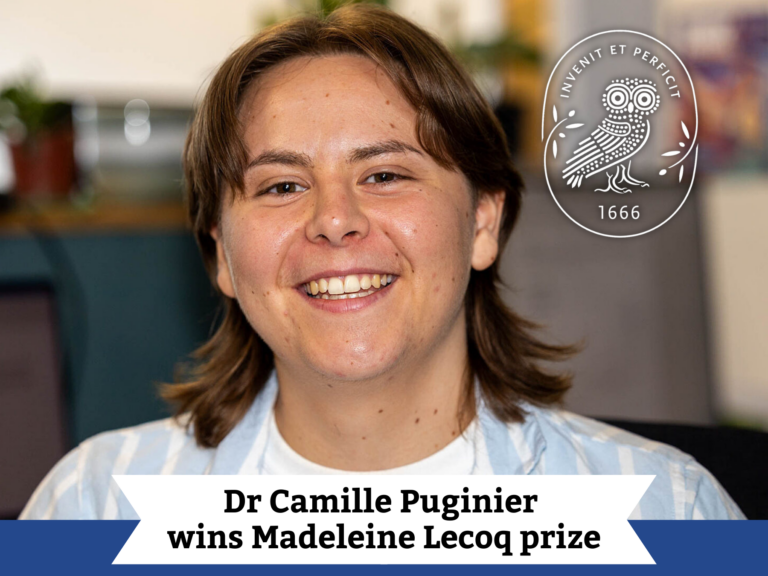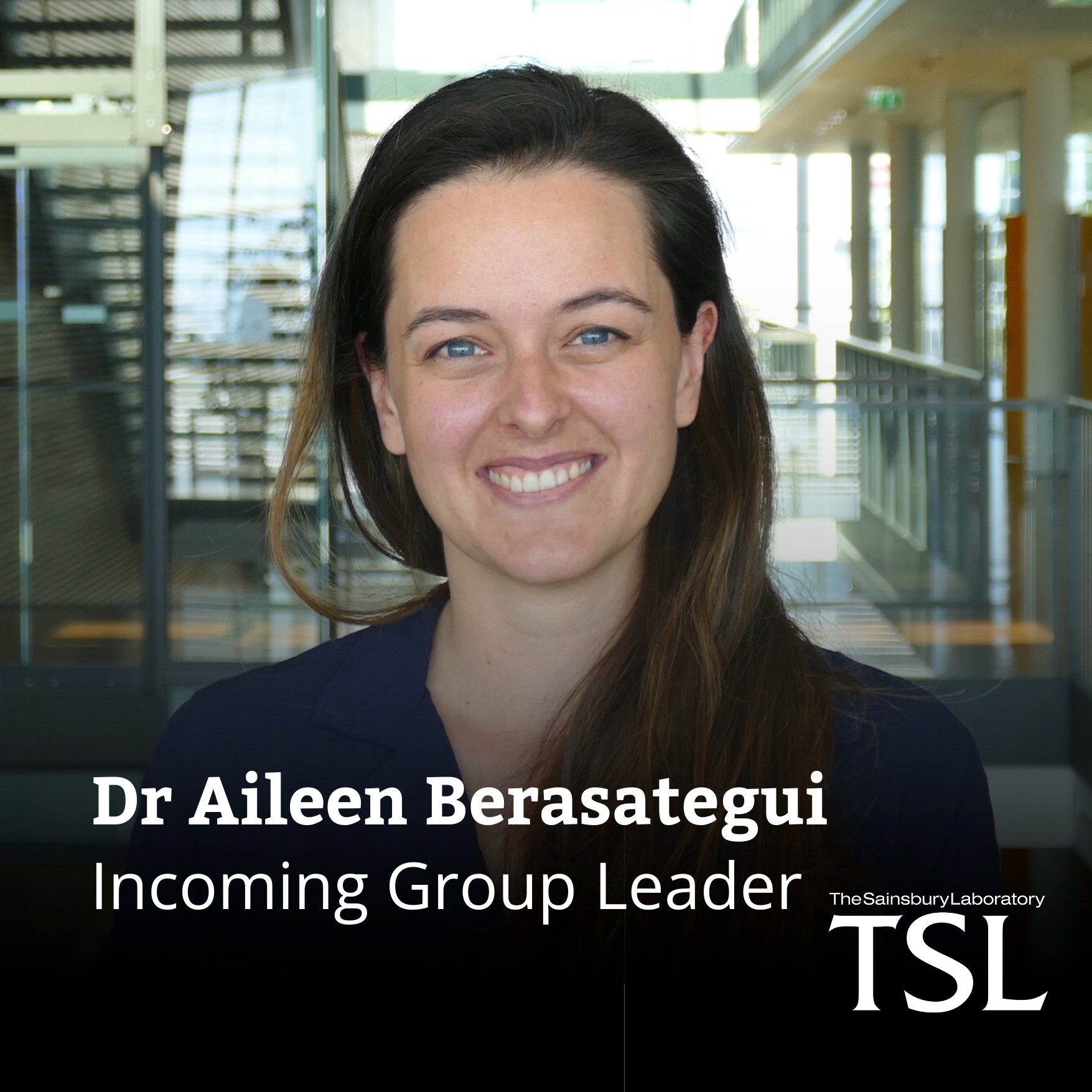TSL celebrates double boost for young researchers
Two researchers from The Sainsbury Laboratory have been awarded grants from the European Research Council to help them establish and grow their own research groups. Dr Silke Robatzek and Dr Cyril Zipfel have both been awarded €1.5 million over 5 years to investigate plant defence against disease.
The awards support young investigators to develop independent careers.
Dr Robatzek’s project will look at stomata, the tiny holes in leaves that plants use to ‘breathe.’ Stomata let in carbon dioxide and release oxygen and water vapour. But this is far from a passive process. Guard cells open and close the holes in response to different environmental cues, such as light, and to control water loss. Guard cells also have the ability to detect harmful microbes that exploit these gaps in the plants defences to invade the tissues inside. Stomata can close in response to a pathogen attack, but at the expense of the exchange of gases needed for photosynthesis and other responses to environmental stresses.
The project will explore how the guard cells integrate different signals triggered by environmental cues with stomatal closing as part of the overall immune defence system. She has developed a unique imaging system to monitor and measure stomatal apertures at high throughput. This will help to work out the fundamental molecular mechanisms and cell biology behind stomatal closure, and how this is linked with stress pathways leading to immunity. This information will be vital as we move into a future affected by climate change. Not only will the plants that we rely on for our food be subjected to different temperatures and water availability, they are likely to be dealing with a different range of plant pathogens. This study on stomata is central to understanding how plants will cope with this twin challenge.
Dr Zipfel’s grant is to investigate the signalling mechanisms plants use when they detect a pathogenic microbe. As part of their innate immune response, plants possess pattern recognition receptors (PRRs) that recognise certain characteristic molecular patterns in microbes. These pathogen-associated molecular patterns (PAMPs) activate PRRs, which in turn trigger a signalling cascade within the cells that leads to an immune response preventing further invasion by the microbe. This mechanism is crucial to how plants defend themselves, but how this triggering and signalling proceeds is not fully understood.
A key question in biology is how signals initiate and how their specificity is determined. PRRs are known to form complexes with regulatory proteins. This project is principally focussed on one of these, a receptor kinase called BAK1 that positively regulates the innate immune response. BAK1 is also involved in hormonal signalling and cell death control. Previous work by Dr Zipfel’s group showed how these different functions can be separated out from each other. In this project, how these different signalling roles for BAK1 are controlled will be investigated. Modifications in the form of phosphorylation are thought to be central to this. Dr Zipfel will identify the “phosphocode” that is behind the specificity. In addition, he will investigate how multiprotein complexes involving BAK1 are assembled and function, and how they connect with downstream signalling components. This project will use techniques that encompass many different disciplines, such as immunology, biochemistry, cell biology and genetics.


